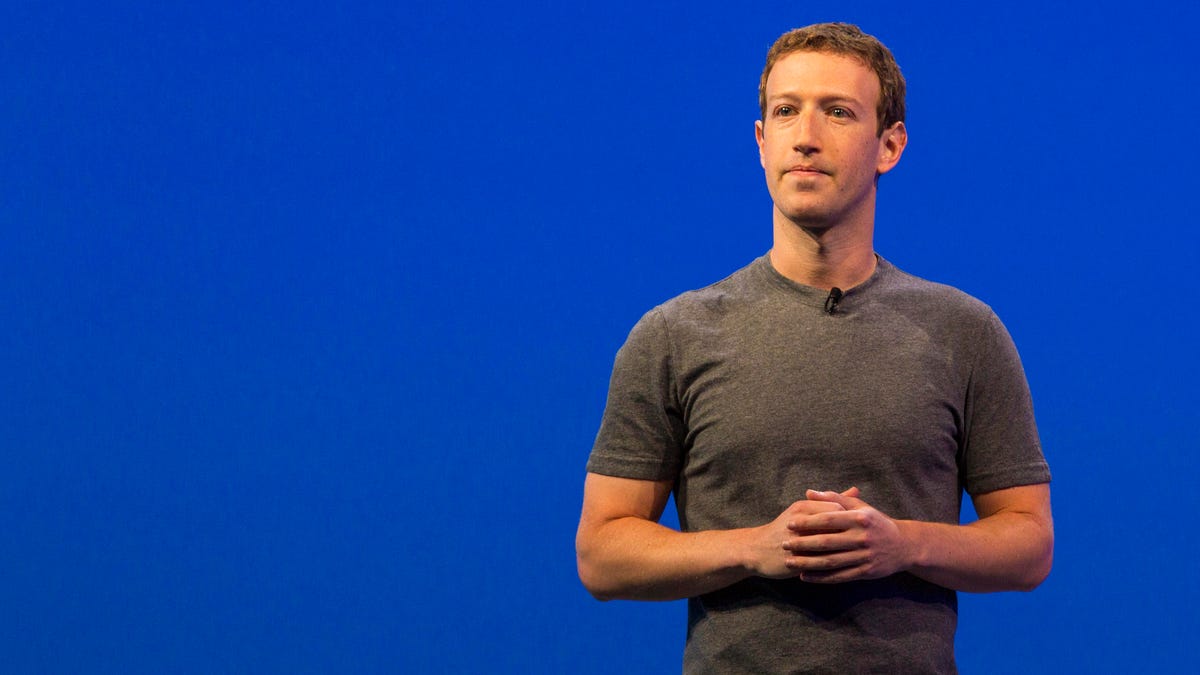Mark Zuckerberg 'not able' to attend international disinformation hearing
The Facebook CEO declines a five-parliament invitation to appear in London.

Facebook says Mark Zuckerberg can't attend a London disinformation hearing, but politicians aren't giving up.
Mark Zuckerberg is "not able" to attend a joint disinformation hearing in London, Facebook says, despite calls from politicians from five countries.
The Facebook CEO isn't giving in to pressure to provide testimony on Nov. 27, even after Argentina, Australia and Ireland added their voices to those of the UK and Canada last week.
In a letter to the UK's Digital, Culture, Media and Sport Committee, the company declined to say why Zuckerberg couldn't attend, but said it remains "happy to cooperate" with the inquiry. The letter also laid out some of the efforts Facebook has made over the last year in areas like fighting fake news and striving for transparency in political ads.
Damian Collins, chair of the committee, is leading the charge and noted that the social network's response is "hugely disappointing."
"The fact that he has continually declined to give evidence, not just to my committee, but now to an unprecedented international grand committee, makes him look like he's got something to hide," he said in an emailed statement."
Facebook didn't immediately respond to a request for additional comment.
The company has been under intense scrutiny, especially in the last year, for how it has responded to the presence of propaganda and other forms of disinformation appearing in people's Facebook news feeds, as well as on Instagram, which it also owns. It has been taking steps to squelch those sorts of posts: Last week, for instance, it blocked more than 100 accounts suspected of "inauthentic behavior."
Facebook declined the initial invitation from the British and Canadian politicians in October, prompting them to send another with additional signatures from their Argentinian, Australian and Irish counterparts.
This came after Zuckerberg turned down a spring invitation to give evidence to the UK Parliament about Facebook's role in the Cambridge Analytica data scandal, since he'd already answered questions from the European Union's Parliament and the US Congress.
Originally published at 3:27 a.m. PT.
Updated at 5:35 a.m. PT: Added information from Facebook's letter.
CNET's Holiday Gift Guide: The place to find the best tech gifts for 2018.
Best Black Friday 2018 deals: The best discounts we've found so far.

